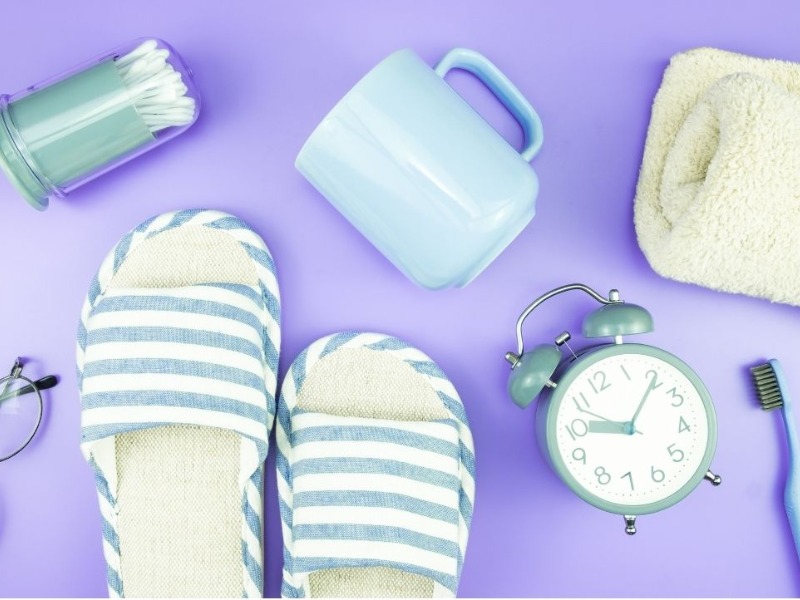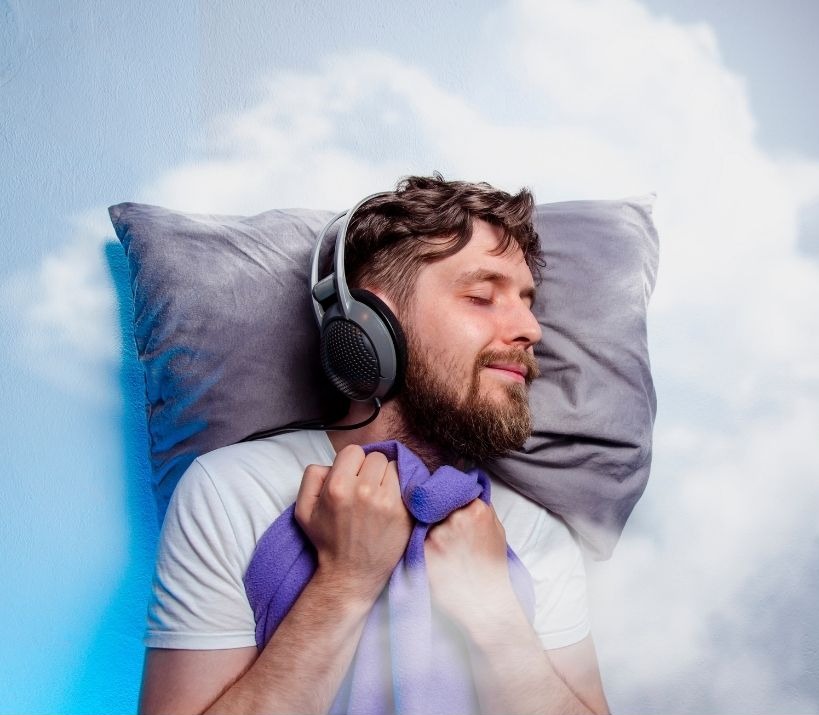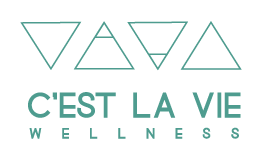Sleep 101: Our Top Tips for Better Sleep

by Dr. Sofie Desforges-Bell, Naturopathic Doctor
Lyne Desforges, Holistic Nutritionist & Culinary Nutrition Expert
Getting the Body and Mind Ready for Sleep
In our blog on Sleep Basics, we talked about the normal circadian rhythm of the human body. In order for your body to produce the melatonin needed to get ready for sleep, you have to follow some simple steps. These include establishing a bedtime routine by setting the mood and practising good sleep hygiene. If you are struggling to fall asleep or to stay asleep, then consider incorporating some of our Top Tips for Better Sleep. Add one or two habits every week until you find a routine that works for you.
Establish a Bedtime Routine
Create a bedtime routine that your brain and body will associate with relaxation and preparation for sleep. Plan to go to bed at the same time every night and start your bedtime routine accordingly. Add new habits to existing ones. For example, if you already brush your teeth every night, why not add a foot massage to your sleep routine?
Choose activities that you enjoy and that help you wind down. Here are some of our favourite winding down activities:
- cuddling with a pet
- massaging feet and hands (or consider getting a reflexology treatment with our reflexologist Lucy)
- reading a book
- sipping a cup of herbal tea (check out our blog on Sleep & Traditional Chinese Medicine for some herbal suggestion)
- taking a hot bath meditating
- gratitude journalling
- deep breathing exercises
Getting Into the Sleepy Mood
Smell (aromatherapy)
Diffuse relaxing essential oils in your bedroom such as lavender, vetiver, roman chamomile, bergamot, petitgrain, or clary sage. Add a few drops of essential oil on your pillow, rub some on the soles of your feet or add a drop behind your ear lobes.
Touch
Choose natural fibres for your bedsheets and pyjamas. Weighted blankets are becoming popular as an aid to fight insomnia. A Swedish study reported that participants using a weighted blanket indicated a significantly better sleep-maintenance, a higher daytime activity level, and reduced daytime symptoms of fatigue, depression, and anxiety.
Keep your bedroom cool. According to Matthew Walker, author of Why We Sleep, our brain temperature needs to drop by a few degrees to initiate sleep. Open a window to let in fresh air.
Sight
Ensure your bedroom is completely dark and free of any electronics. Close curtains and blinds or wear a sleep mask. Avoid any exposure to blue light (cell phone, tablets, TV, etc) at least 60 minutes before bedtime. Choose amber lighting or light some candles in the evening.
According to Dr. David Perlmutter, 99% of Americans and Europeans are exposed to light pollution, including blue light from electronic devices. New research indicates that blue light exposure reduces the amount of melatonin secreted by the pineal gland which affects the duration and the quality of sleep.
Sound
Play soft music or sounds that will encourage relaxation. Some great choices are white noise, ocean waves, easy jazz, soft classical music, rain and other water noises, soothing voices, nature sounds, etc. Most of these sounds are available on YouTube. If outside noise disturbs your sleep, consider investing in a white noise machine.
Binaural beats have been studied for their ability to lower stress, improve sleep, and enhance cognitive performance. Binaural beats are a technique of combining two slightly different sound frequencies to create the perception of a single new frequency tone. Headphones must be worn for the full effect. Binaural beats triggers a slow-down to brainwave activity and that may encourage relaxation, lower anxiety, make it easier to fall asleep and sleep soundly.
Taste
Having a warm drink in the evening may help your body and mind relax and get ready for bed. Choose caffeine-free drinks such as herbal teas, bone broth or lattes made with coconut milk.
What about eating before bedtime? Ideally you do not want to go to bed feeling too full or too hungry. If hungry, eat a light snack (around 200 calories) that contains good fats and complex carbs such as toast with nut butter, a small bowl of whole grain cereal with yogurt, or a banana with some nuts. Read our blog on Nutrients for Better Sleep for more info on sleep-promoting foods.
We Are Here to Support You

I was drawn to naturopathic medicine as it allows me to explore the root cause of disease in a holistic manner. I love incorporating evidence-based natural medicines with more traditional therapies. By individualizing treatment plans to address each patient’s unique health journey, I guide my patients to optimize their physical, mental-emotional, and spiritual wellbeing.
